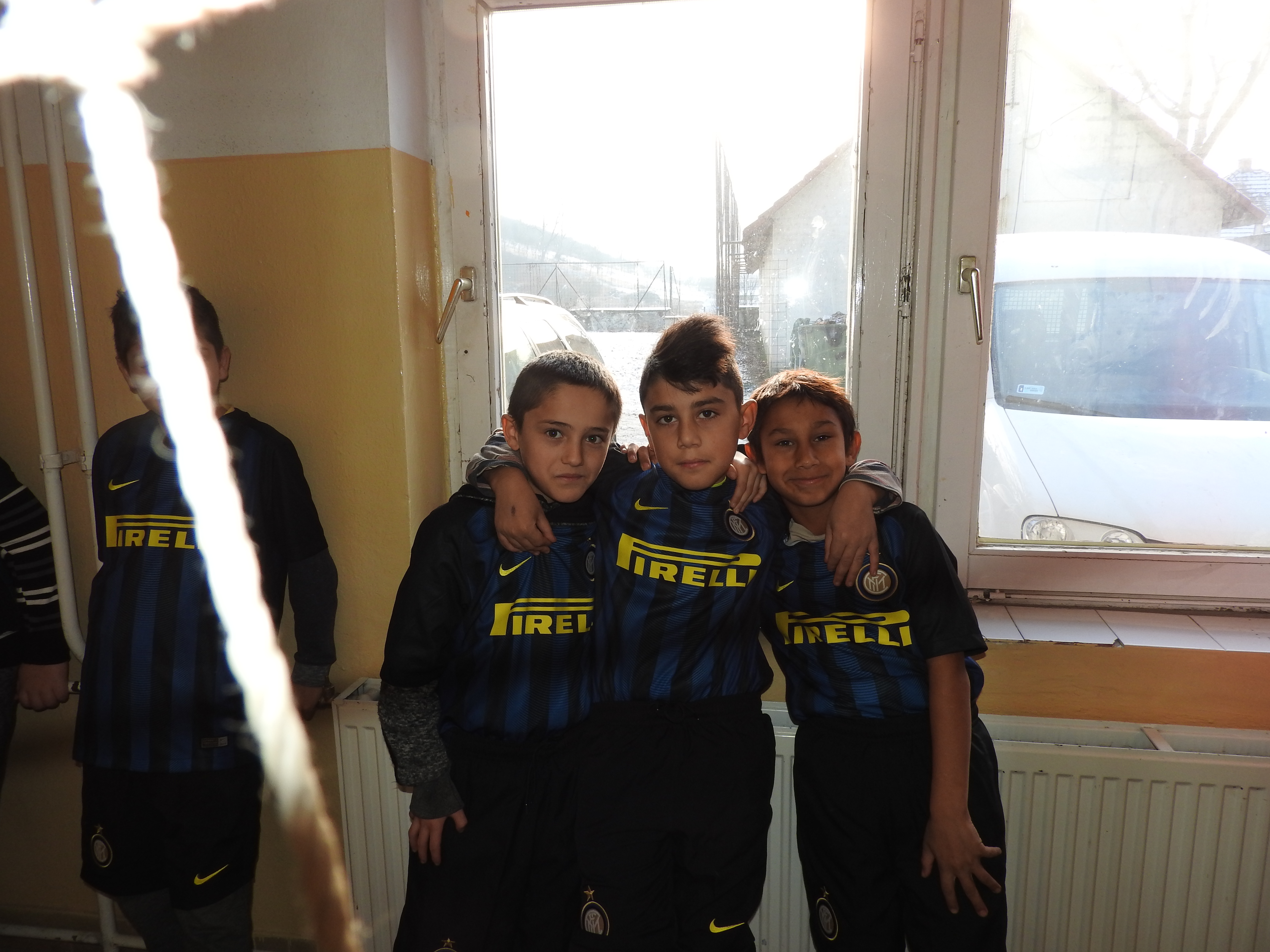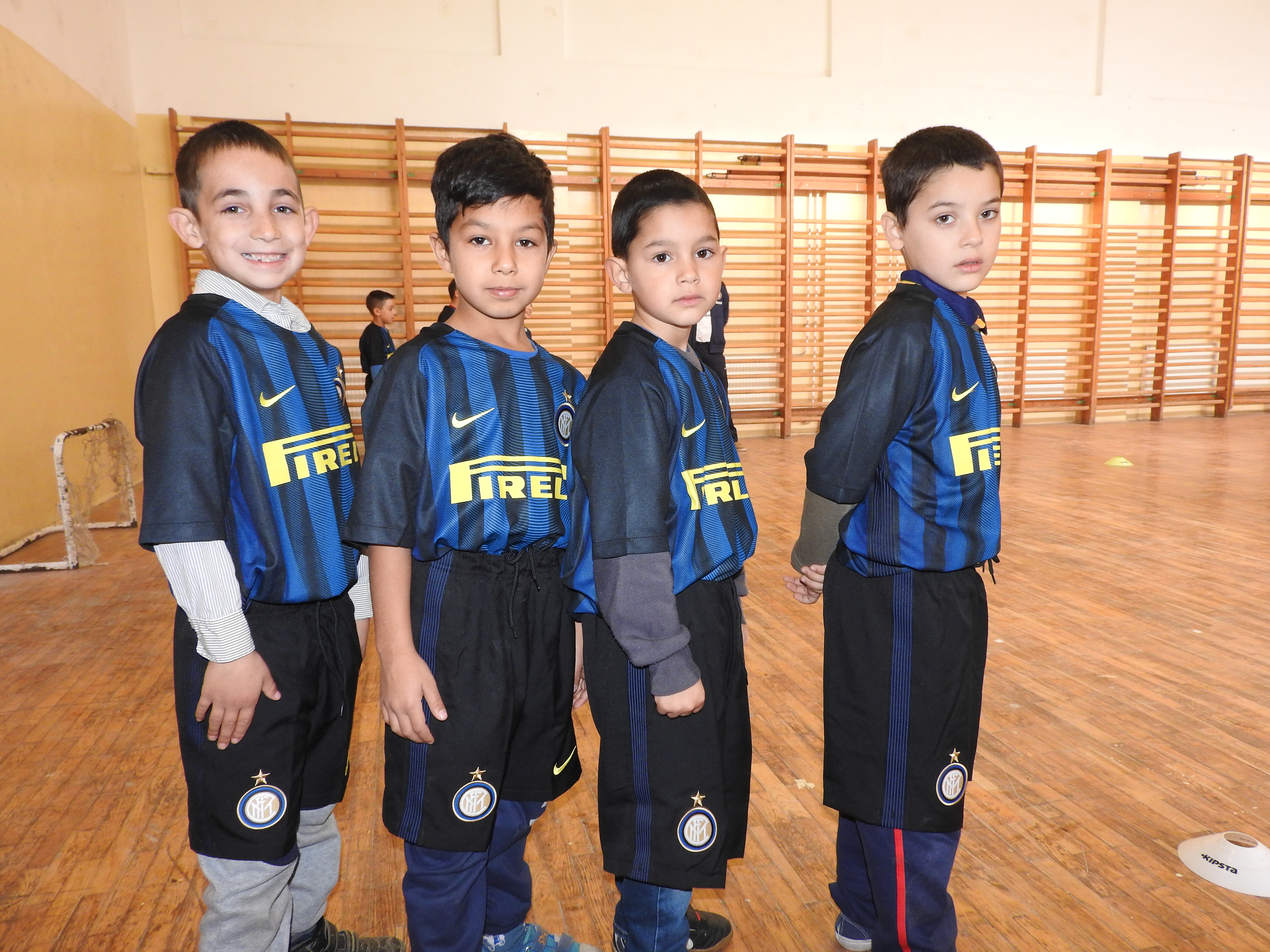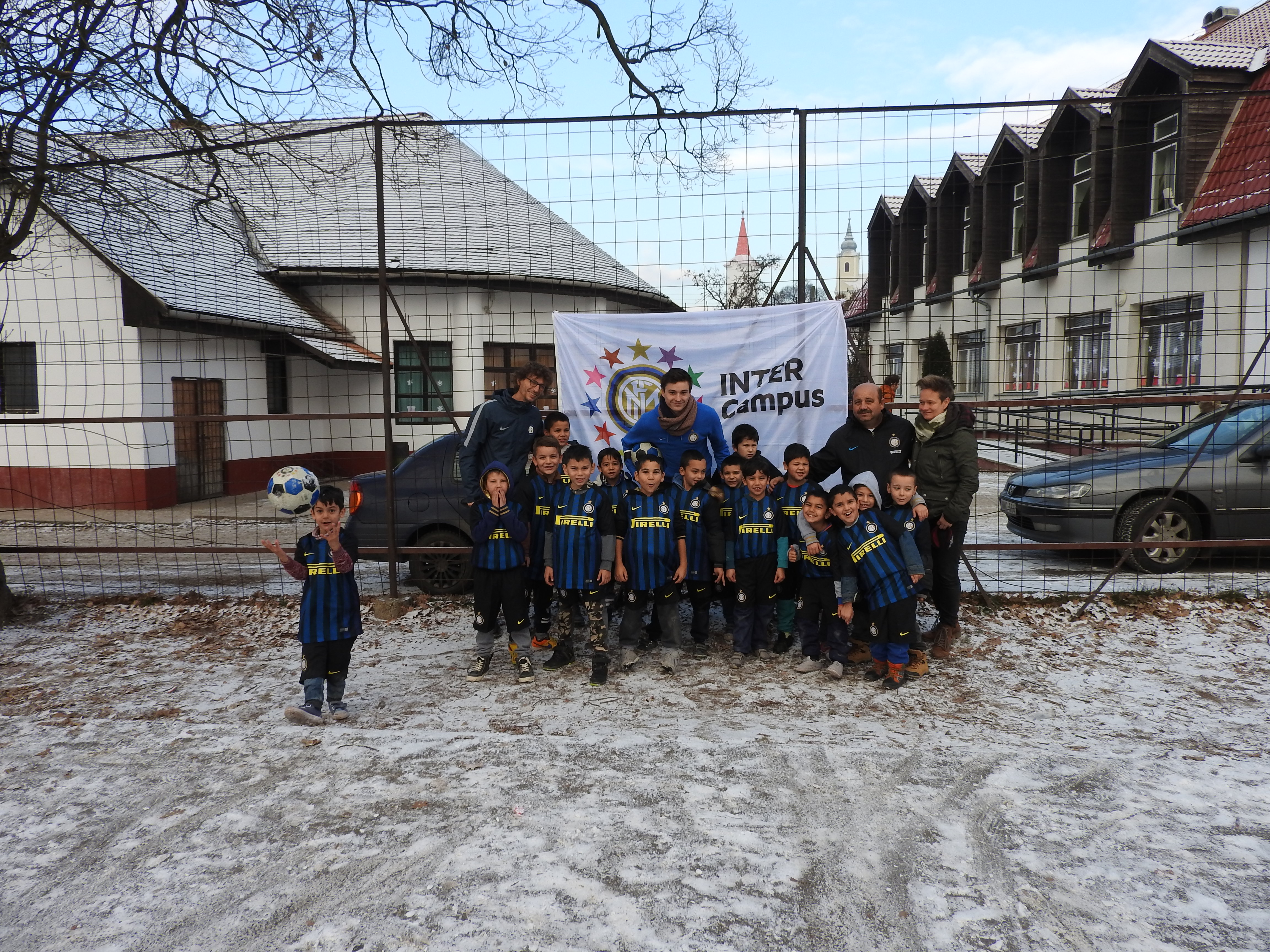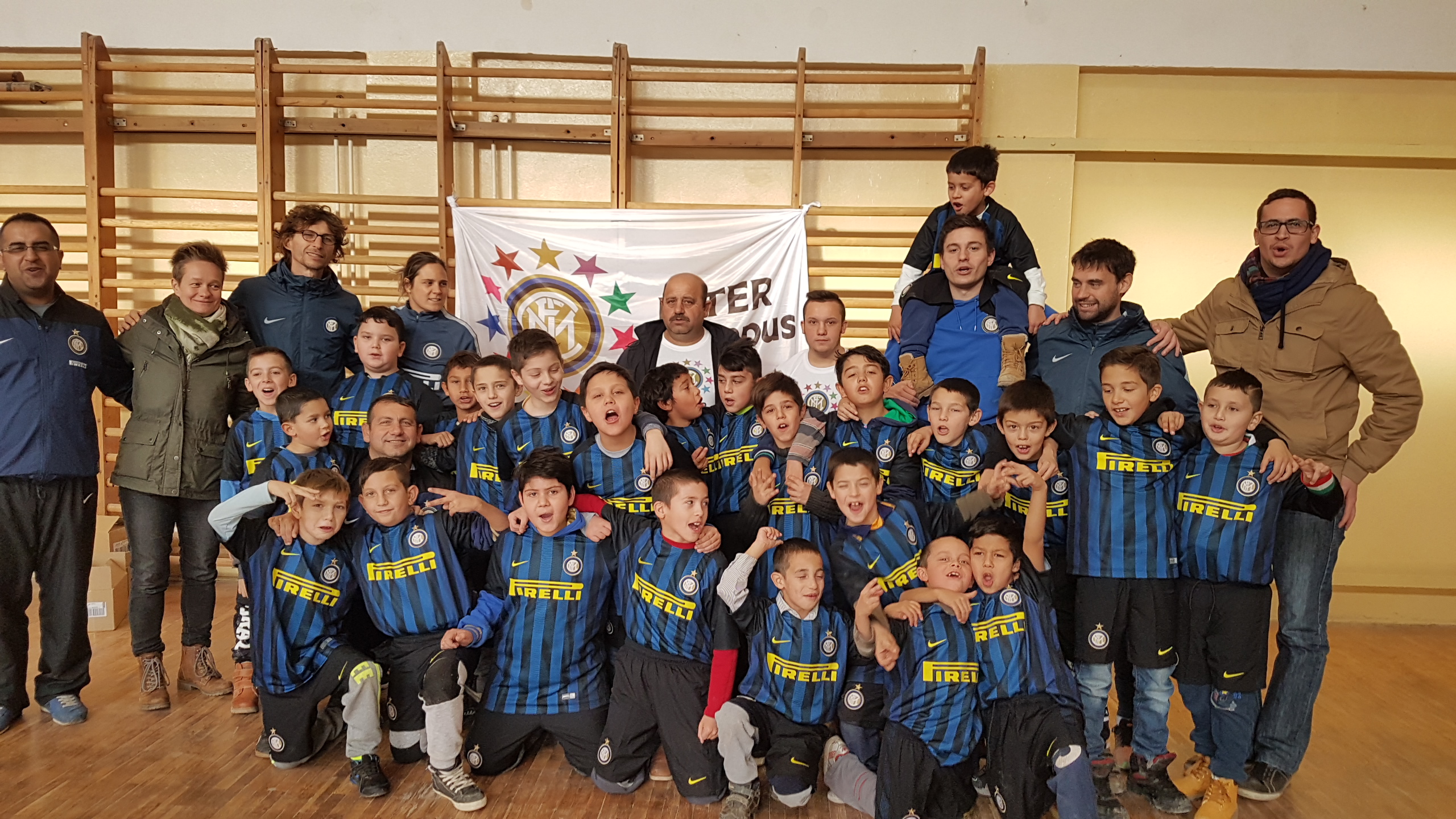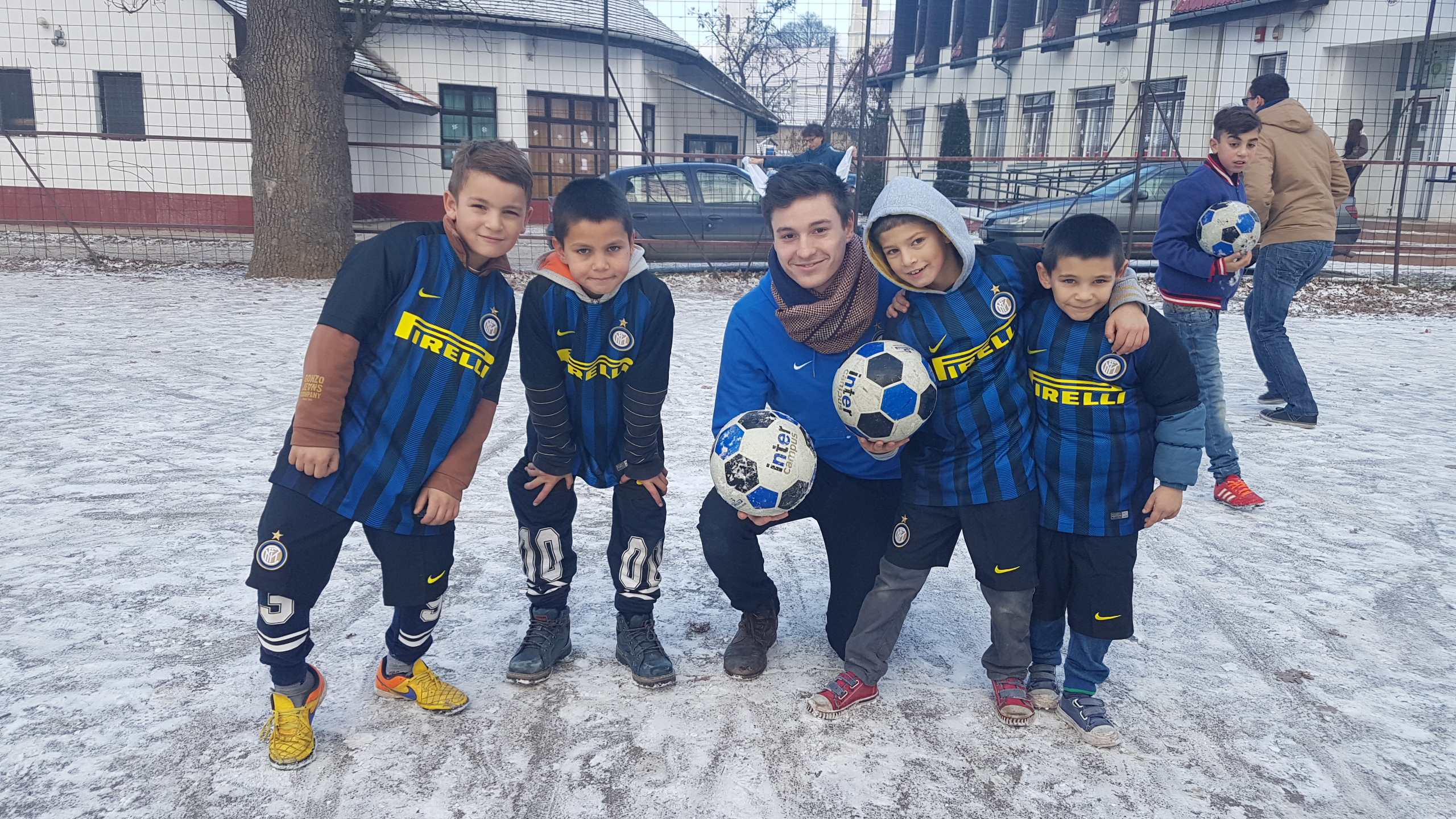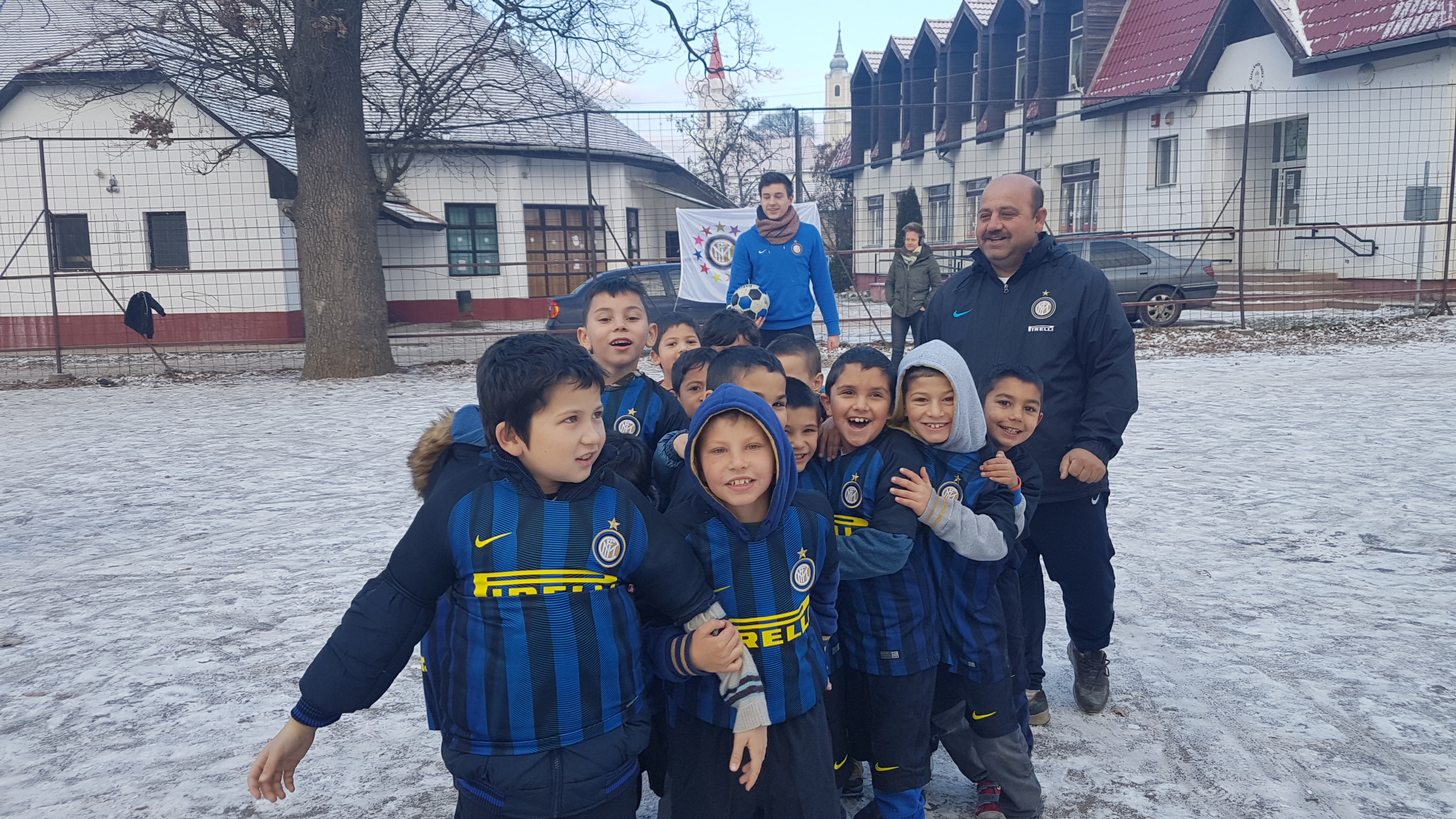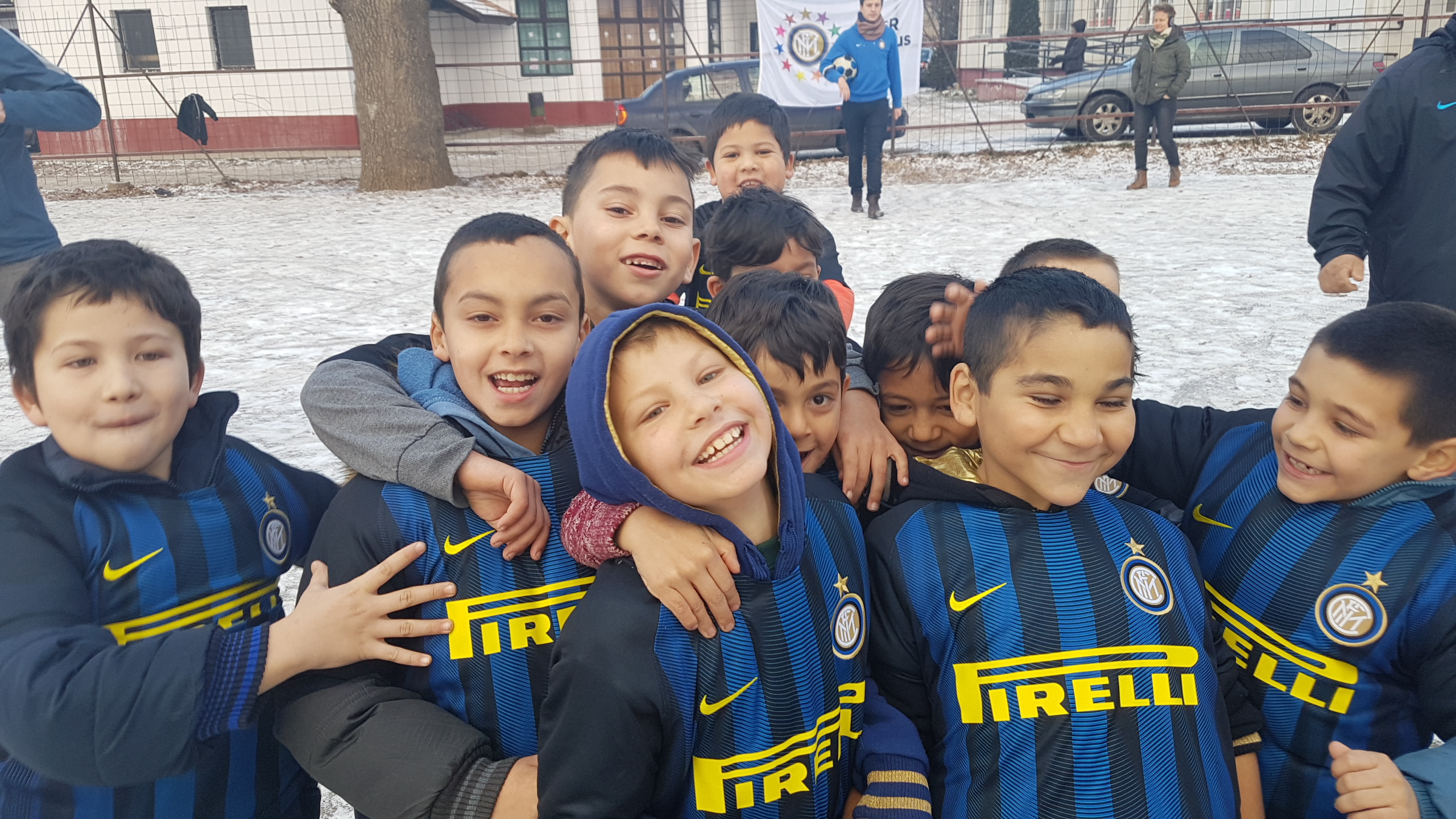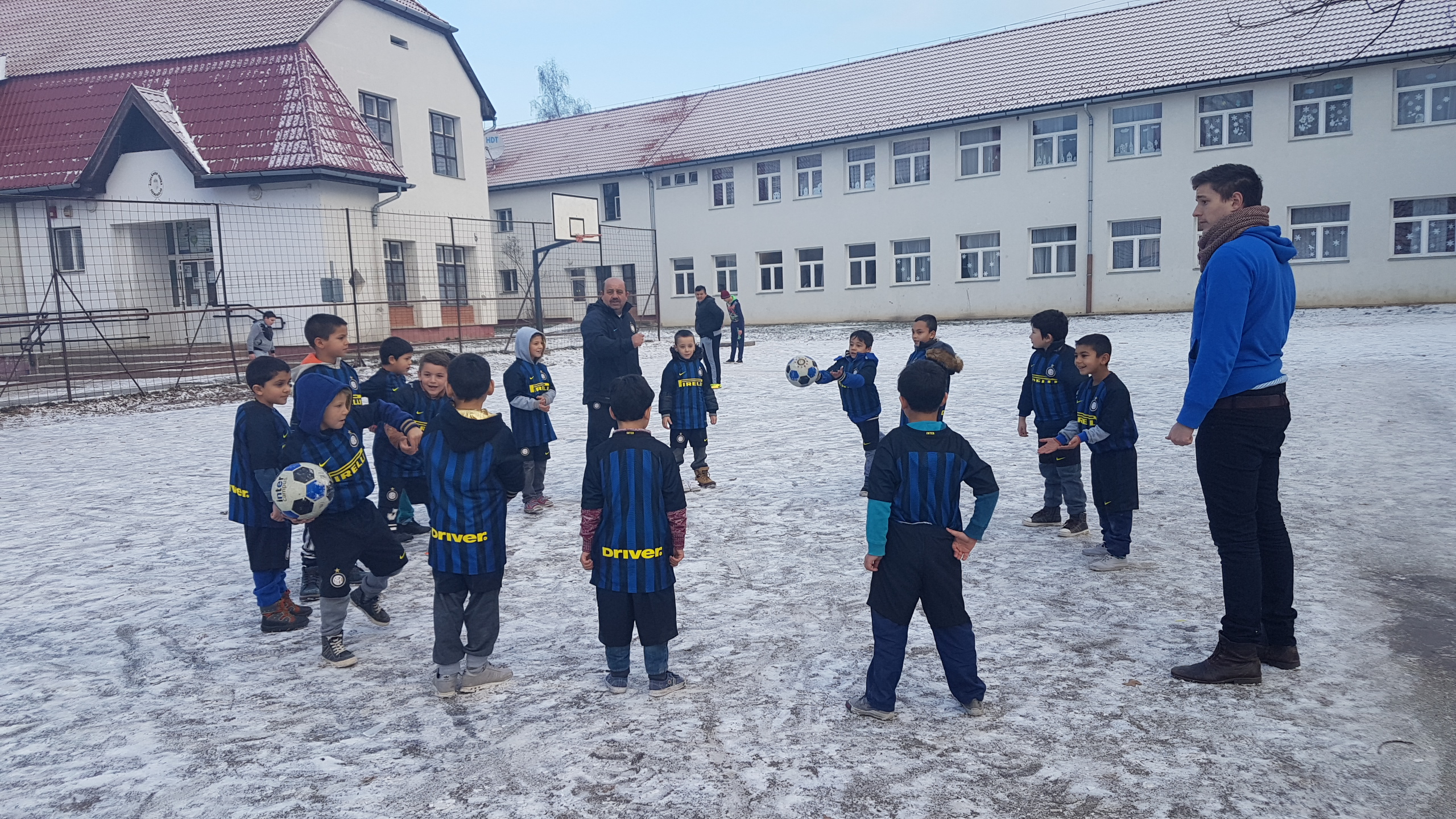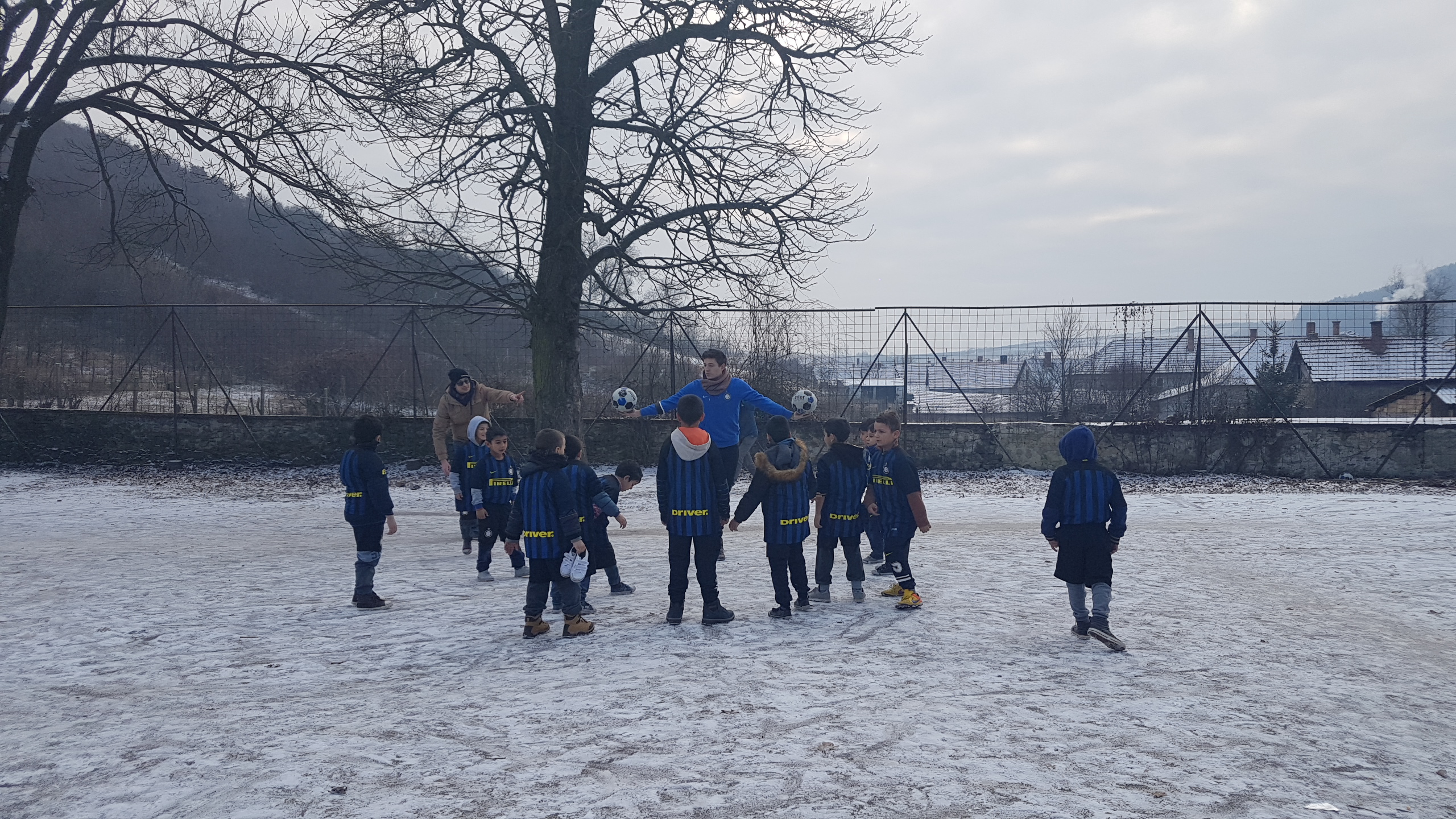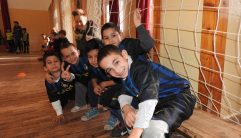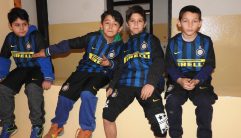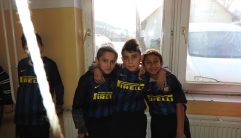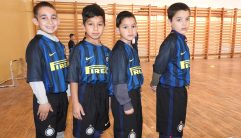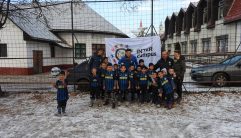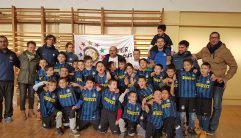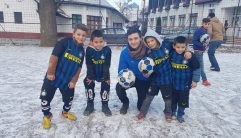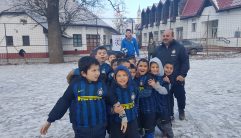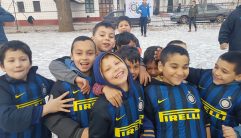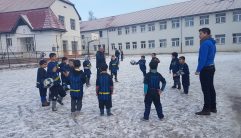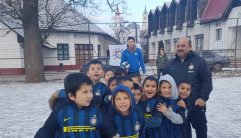HUNGARY – Budapest was in full festive mode during our recent visit to the country, with the Christmas markets buzzing, lights decorating the city centre and grand Imperial palaces overlooking the Danube.
This fairytale atmosphere is a far cry from what you find in the district of the Hungarian capital where the Inter Campus orphanage is located. Nevertheless, the Csepko Children’s Shelter, which has been collaborating with the Nerazzurri charitable wing since 2010, does everything it can to make sure the 40 kids who are staying there have a great Christmas.
Inter Campus were in town for a routine technical update, as well as to monitor the ongoing work and hand out playing shirts to all participants in the project. As usual, it was a very pleasant trip.
The delegation spent two days organising demonstration training sessions on the orphanage’s pitches that were led by Paola Balconi and Lorenzo Forneris. Afterwards, they were joined by two local coaches, Kristian and Vali, for a trip up north to the second site in Hungary – in Szendrolad near the border with Slovakia.
The temperature in this part of the country is constantly below zero at this time of year and the first snowfall of winter created a beautiful festive atmosphere in the small village, largely populated by Romani families. Hundreds of girls and boys were waiting to meet us as we arrived, along with the three local coaches Gabor, Tomasz and Joet.
It was a particular honour to see Khristof again, who joined the project here in 2011 and now, at the age of 14, has decided to take up a coaching training course. He’s currently helping out the three local instructors and building up experience with the aim of becoming an Inter Campus coach one day. Khristof comes from a Yenish family – the third-largest population of nomadic people in Europe after Romani and Sinti – who have been settled in this village for decades.
Even though Hungary is one of the most developed countries in eastern Europe, broken homes and parents or teenage mothers unable to take care of their children mean there is still a high rate of child abandonment. Romani children are among the ethnic groups most at risk of this phenomenon.
As always, we’re grateful to Andrea and Ildiko from our local partner, the “Love is the Answer” association, for their constant support and careful management of the project.
20.12.2016




![[Christmas spirit at Inter Campus Hungary]](https://intercampus.inter.it/wp-content/uploads/2016/12/20161215_094441.cinema.jpg)


